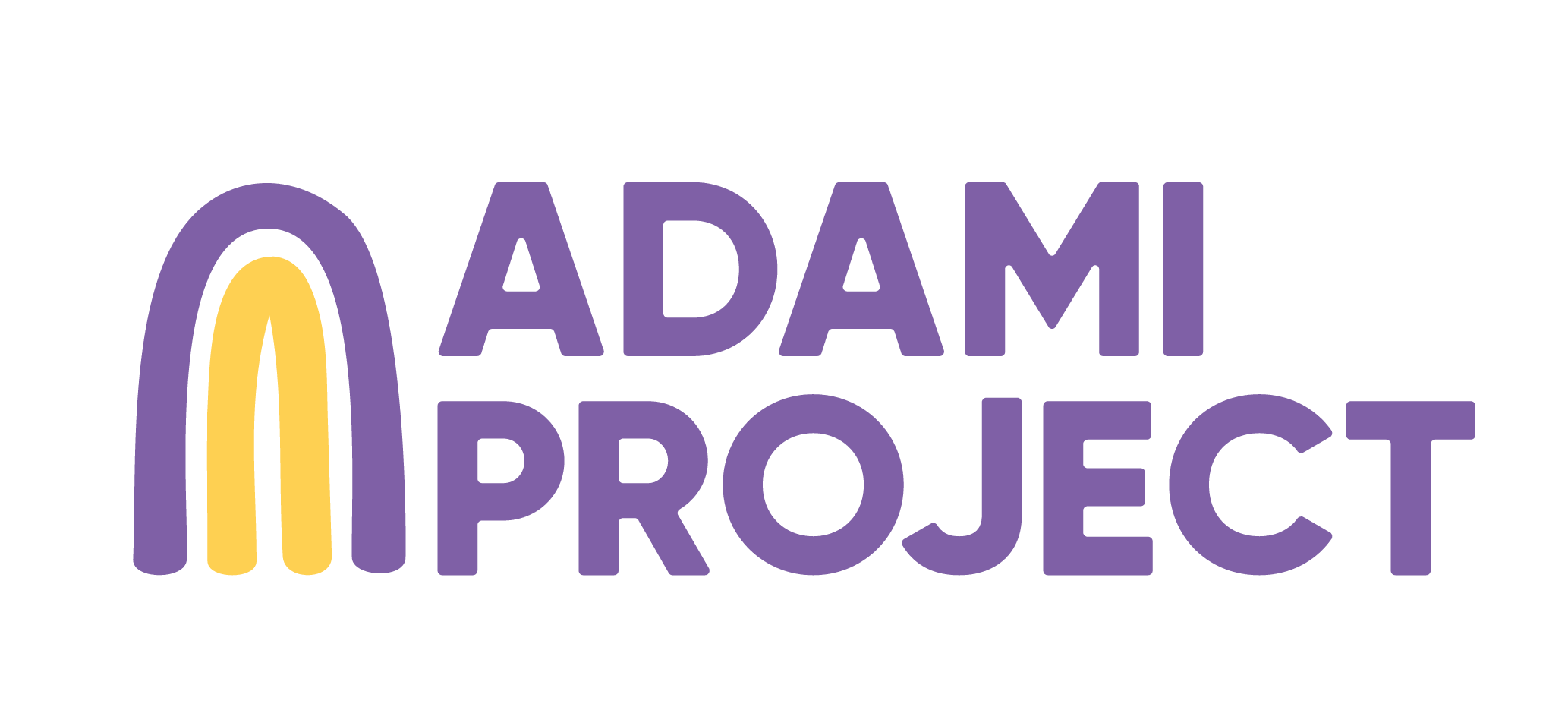Teach a Woman To Fish: AdAmi’s Vocational Training Programme
After we have worked to create a stable living environment for the girls through our family tracing and mediation work, it is time to prepare them for meaningful employment. For many of the girls, this means enrolling onto an 18-month vocational course at a local workplace where they can train in key vocations including hairdressing, tailoring, welding and auto-mechanics.
With the support of their mentors, the girls choose which trade they would like to pursue. In Sierra Leone, auto-mechanics and welding are especially male-dominated industries. So for the girls to feel confident to choose these career paths, our team reassures them that there is no reason that a woman couldn’t do this work as well as a man, if not better!
It is one of the highlights of our work to hear girls like Regina and Mamie choose to train to become mechanics out of an admiration for women behind the wheel of a car and those able to repair them. Similarly, Betty, who is training to become an electrician, says she doesn’t care if people thinks it’s a man’s job because she knows she’ll be able to do it just as well.
Of course, first we had to convince the men who run the garages and welding workshops that women could be just as capable as men in these areas! It is common for young, unmarried mothers or expectant mothers to be seen as bad examples for others, making them virtually unemployable. For the AdAmi Project to give these girls a second chance, our team spent months building relationships with business leaders and those who deliver training courses. It wasn’t easy but after meeting with them to address their concerns and explain the importance of helping these girls learn a trade so they can support themselves, many are now on board.
We next had to ensure that these workplaces really were safe for the girls to work in. Thanks to our efforts to ensure they are friendly, supportive and free from sexual harassment, none of the girls have reported any unfair treatment or unwanted attention. In fact, Aminata, who is one year into her welding training, praises the other staff and apprentices at the workshop, describing them as her brothers and friends. Her boss is also hugely supportive and pays her a small amount of money every week for her work, which she uses to buy food, medicine and other necessities.
It only takes a few weeks for the positive impact of the vocational training placements to begin to show. By this point, the girls who are doing courses in tailoring, for example, are already able to make and sell their first items. Not only does this help them to buy essentials but it also increases their confidence and gives them a sense of hope for the future.
To fully realise a future in which they are able to provide for themselves and their child, the AdAmi team will work with their trainers at the end of the 18 months to find them jobs which utilise their new skills or, for the girls doing tailoring, help them to set up their own businesses.
Having their own business is the dream for nearly all of the girls, no matter which placement they undertake. This desire to be in control of their own future, not dependent on an authority above them, is perhaps not surprising, given how their parents, teachers and other adults in their life have often shunned them for getting pregnant.
For many of them, running the show themselves also represents a chance to do things differently – a chance to inspire and employ other girls who find themselves in a similar situation. They’re motivated not just by the desire to put food on the table and send their child to school but also by a desire to ‘be somebody’, as some of the girls put it – someone respected in the community whose talents are appreciated – and no longer outcasts.
That is how we hope the vocational training courses will provide a sustainable livelihood for these girls but will also send out ripple effects into the community, by showing the talents of women and providing a second chance for more young girls in the future. In other words, if we teach enough women to fish and help them to teach other women to do the same, then it will be the AdAmi Project which is redundant – not them.



